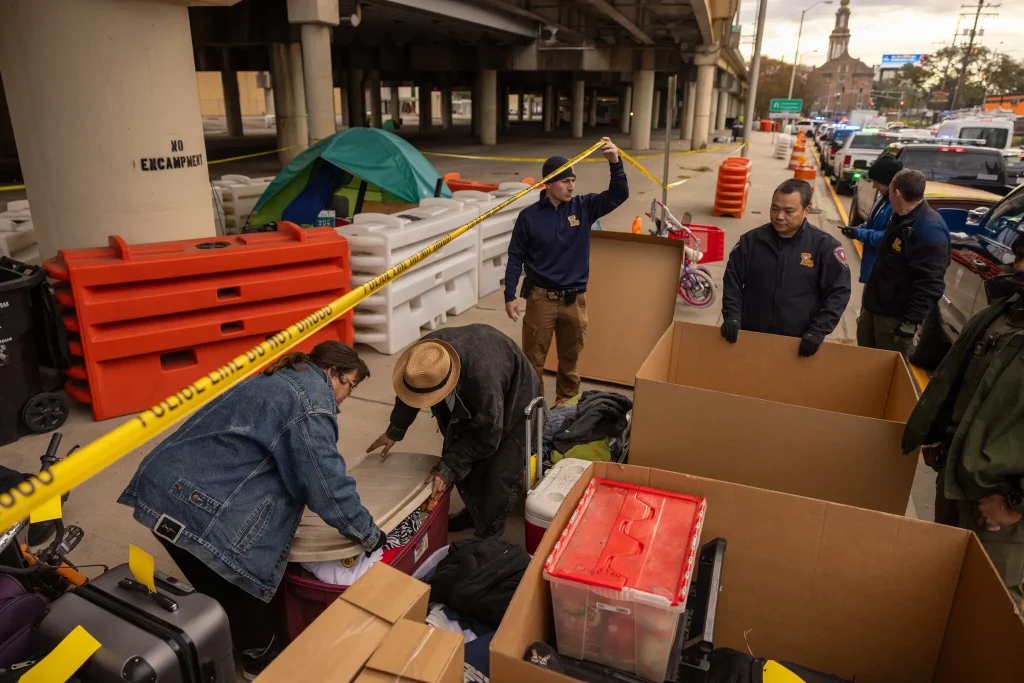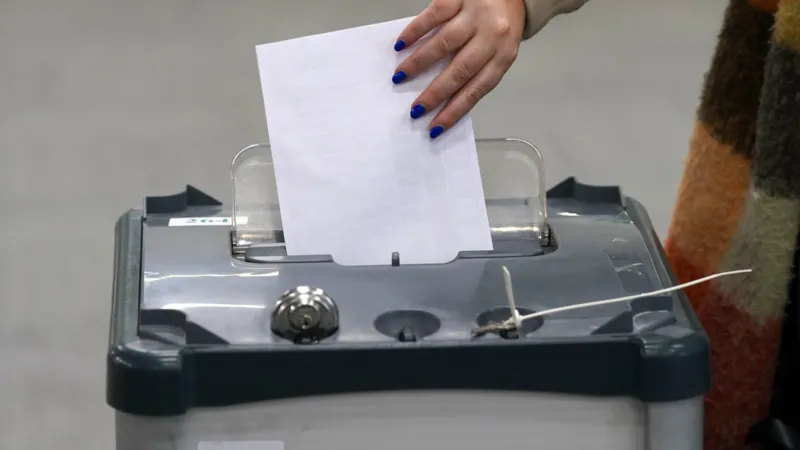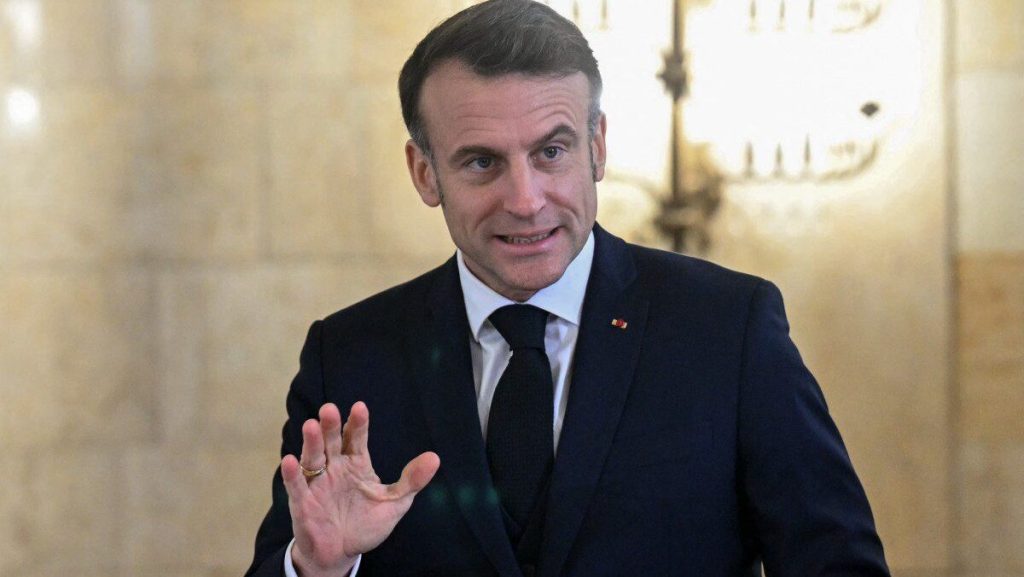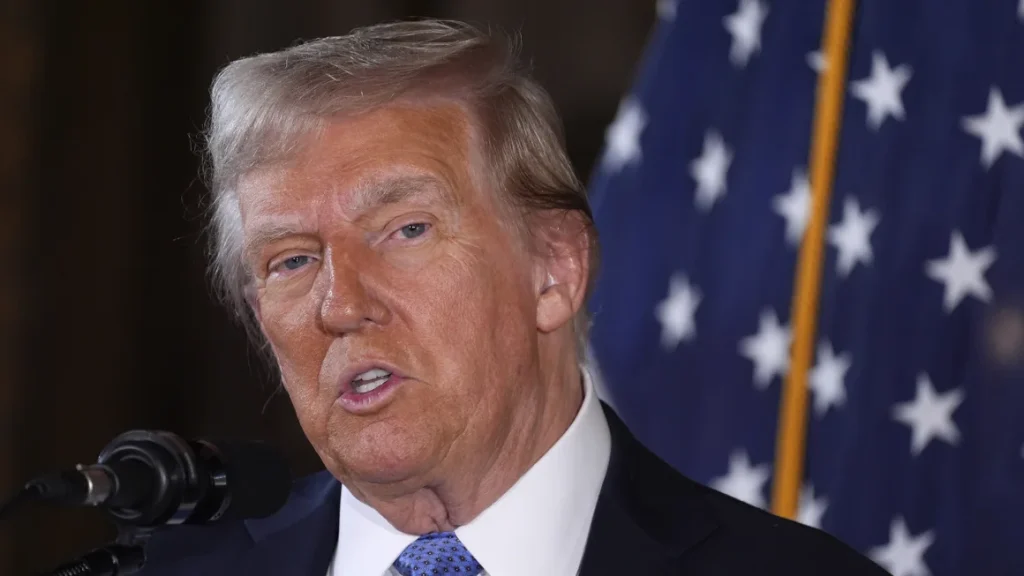News Updates:Ireland Heading To The Poll
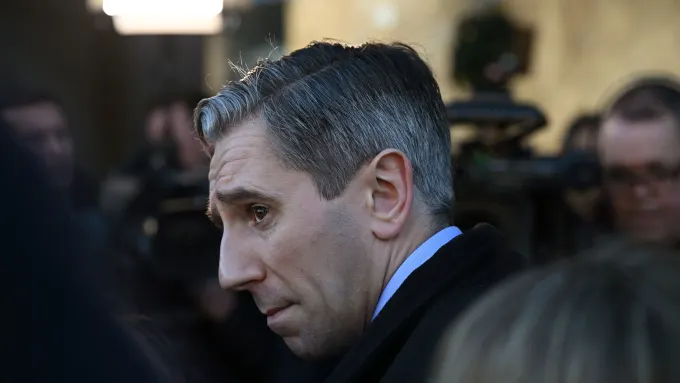
Ireland is heading to the polls this Friday, and all eyes are on Taoiseach Simon Harris, the country’s youngest-ever prime minister. Harris, who has been in power for just seven months, has been trying to reassure Ireland’s young population that he understands their frustrations over key issues like the housing crisis and the high cost of living.
However, things took a turn for the worse last week when a clip went viral of Harris walking away from a visibly upset care worker, Charlotte Fallon, who tried to ask him questions on the campaign trail. Despite Harris’ apology, the incident has raised doubts about his sincerity as a leader.
The election campaign has been marked by “huge volatility amongst the Irish public,” with voters wanting to see long-term action on the housing and homeless crisis. The three main parties – Fianna Fáil, Fine Gael, and Sinn Féin – are neck and neck in the polls, with small parties and independents making up the remaining 40%.
Harris’ party, Fine Gael, has been trying to extend its 14-year stint in power, but the incumbency curse may work against them. The party’s fate will be decided on Friday, when Ireland elects 174 members of parliament by proportional representation with a single vote.
Social media has played a significant role in the election campaign, with Harris and his opponents vying for votes on platforms like TikTok and Instagram. However, some of his opponents, like Sinn Féin leader Mary Lou McDonald and Social Democrats party leader Holly Cairns, have higher engagement levels on social media.
The outcome of the election is uncertain, but one thing is clear: the next government will face significant challenges, including the potential economic shock of a Donald Trump presidency in the United States. Trump’s plans to lure back US firms who have headquartered overseas could be a blow to the Irish economy, which has long attracted US tech companies with its competitive corporate tax rate.
Ireland’s economy has been booming in recent years, driven by the growth of the tech industry and foreign investment. However, the country is also facing significant challenges, including a severe housing shortage, rising homelessness, and increasing pressure on public services.
The election campaign has been dominated by debates over how to address these challenges, with the different parties offering competing visions for the future of the country. Fine Gael has promised to build more homes and increase funding for public services, while Sinn Féin has pledged to introduce rent controls and increase taxes on the wealthy.
The election is also being seen as a test of the popularity of the current government, which has been in power for 14 years. The government has faced criticism for its handling of the housing crisis and its failure to address the rising cost of living.
Despite the challenges facing the country, many voters are optimistic about the future. “I think we’re at a crossroads in Irish politics,” said one voter. “We can choose to continue down the same path, or we can choose to try something new.”
The outcome of the election will be closely watched by observers around the world, who are eager to see how the Irish people will choose to shape the future of their country. Will they opt for the stability and continuity offered by Fine Gael, or will they choose to take a chance on a new direction offered by one of the other parties? Only time will tell.


